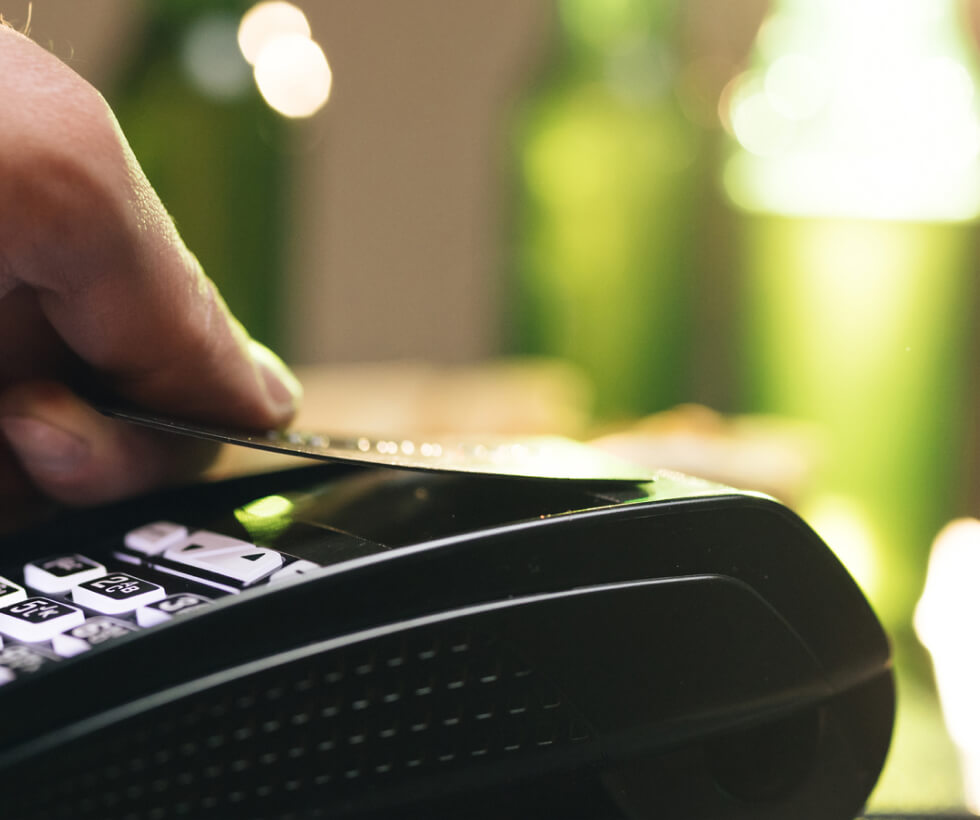

Identity Theft Information
Fraud and identity theft is the number one white collar crime in the United States. For the victim, these crimes can cost a great deal of time, effort, and possibly money in repairing the effects of a fraudster's actions.
Signs you might be a victim of Identity Theft
- An expected credit card hasn't arrived in the mail.
- You hear from credit collectors about debts you don't know about.
- There are unauthorized purchases on your billing statements.
If you are a victim of ID theft, follow the steps to secure your accountS
Step 1: File a complaint with the Federal Trade Commission (FTC) at 877-ID-THEFT (877-438-4338) or www.consumer.gov/idtheft(Opens in a new Window). The FTC maintains a database of identity theft cases used by law enforcement agencies for investigations.
Step 2: Contact the fraud department of the three major credit bureaus to place a fraud alert on your credit file. This alert will request that creditors contact you before opening any new accounts under your name. Once the credit bureau confirms your alert, all three will send you a credit report free of charge. The alert will remain on your account from 90-180 days.
www.equifax.com
www.experian.com
www.transunion.com
Step 3: File a police report. Get a copy of this report so that you can dispute unauthorized charges and use for any insurance claims.
Step 4: Close any accounts that may have been compromised or opened fraudulently. This list of accounts may include: bank accounts, credit cards, retail cards, phone companies, utilities, and other service providers. Dispute any unauthorized charges. The FTC website provides many helpful resources, including a sample dispute letter and a form affidavit which can be used if a sworn statement is needed by any creditors.
Step 2: Contact the fraud department of the three major credit bureaus to place a fraud alert on your credit file. This alert will request that creditors contact you before opening any new accounts under your name. Once the credit bureau confirms your alert, all three will send you a credit report free of charge. The alert will remain on your account from 90-180 days.
www.equifax.com
www.experian.com
www.transunion.com
Step 3: File a police report. Get a copy of this report so that you can dispute unauthorized charges and use for any insurance claims.
Step 4: Close any accounts that may have been compromised or opened fraudulently. This list of accounts may include: bank accounts, credit cards, retail cards, phone companies, utilities, and other service providers. Dispute any unauthorized charges. The FTC website provides many helpful resources, including a sample dispute letter and a form affidavit which can be used if a sworn statement is needed by any creditors.
Tips for Online Identity Theft Prevention
- Make sure websites you visit are secure and protected.
- Look for sites that use encryption to secure the information you provide - you can check for security by looking for a small lock symbol in the lower corner of your web browser window.
- Look for sites whose addresses begin with https:// - the "s" means the connection is secure.
Tips for Home Identity Theft Prevention
- Keep your Social Security number private.
- Do not share your PIN (personal identification number) with anyone.
- Memorize your PIN; never write it down.
- Destroy old or expired cards.
- When using your card at a merchant, be sure your card is returned and that you received a copy of your receipt.
- Always keep your card in a safe and secure location.
- Keep a list of all credit and debit card accounts in case your wallet is lost or stolen.
- Subscribe to a credit-monitoring service, which will help protect you and notify you immediately if there are any activities on your accounts you need to be aware of.
Request credit reports annually. - Each month, review your credit card statements for potential charges that you may not have made.
- Sign up for online, paperless account statements.
- Travel lightly: minimize your risk and carry less in your purse or wallet.
- Make sure no accounts have been opened without your permission.
- Close any accounts that you no longer use.
- Never give personal information to an unknown caller.



